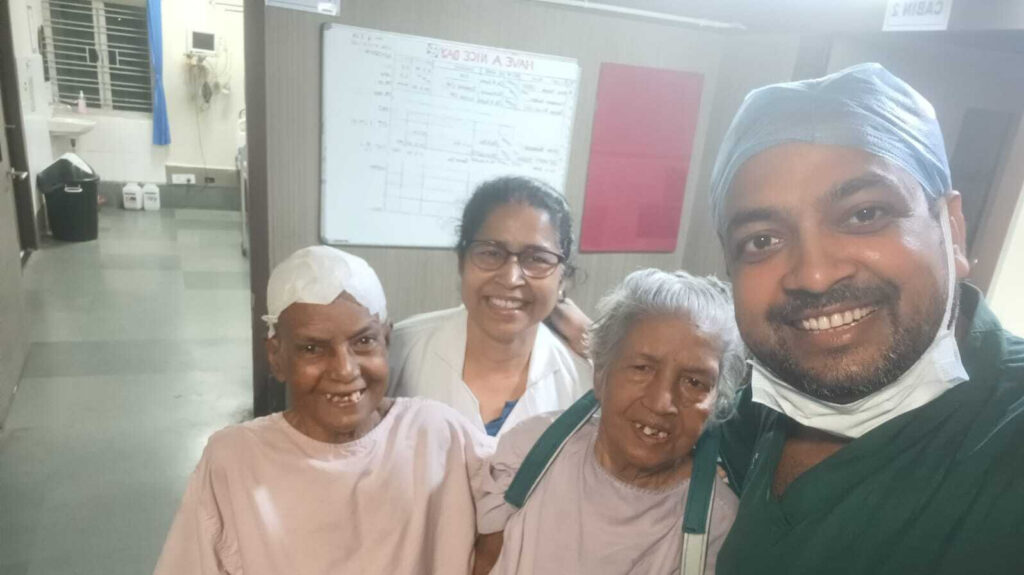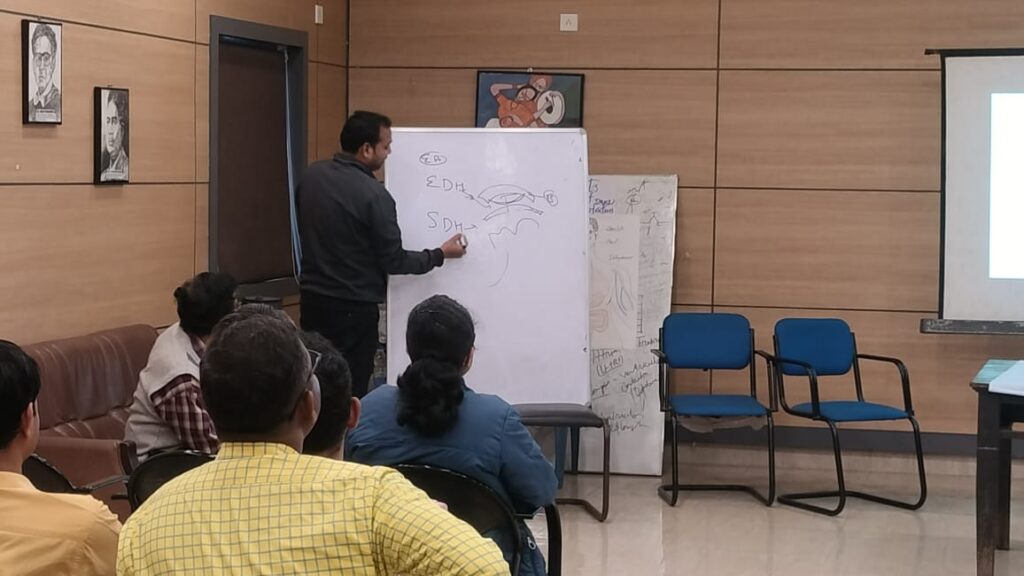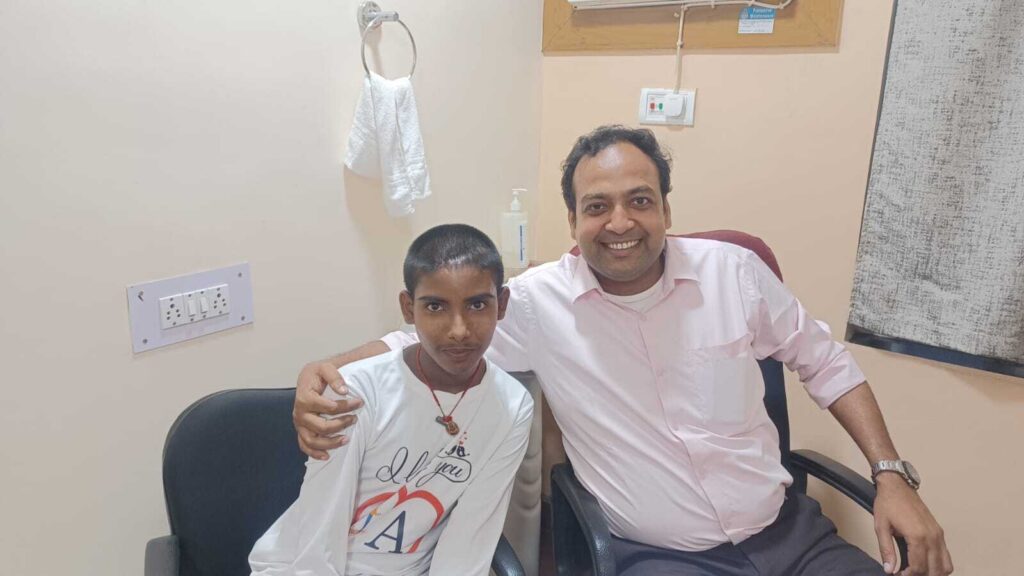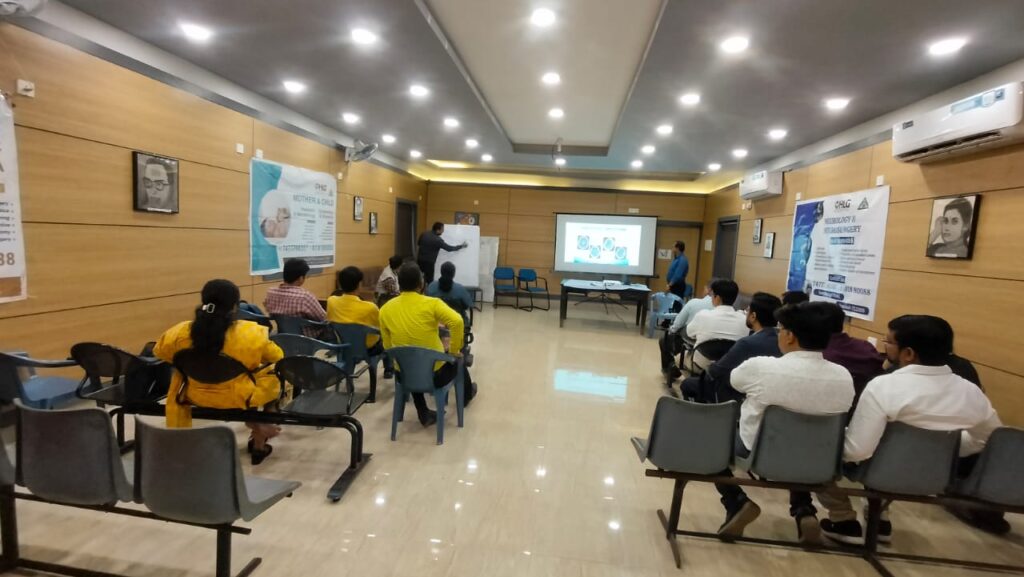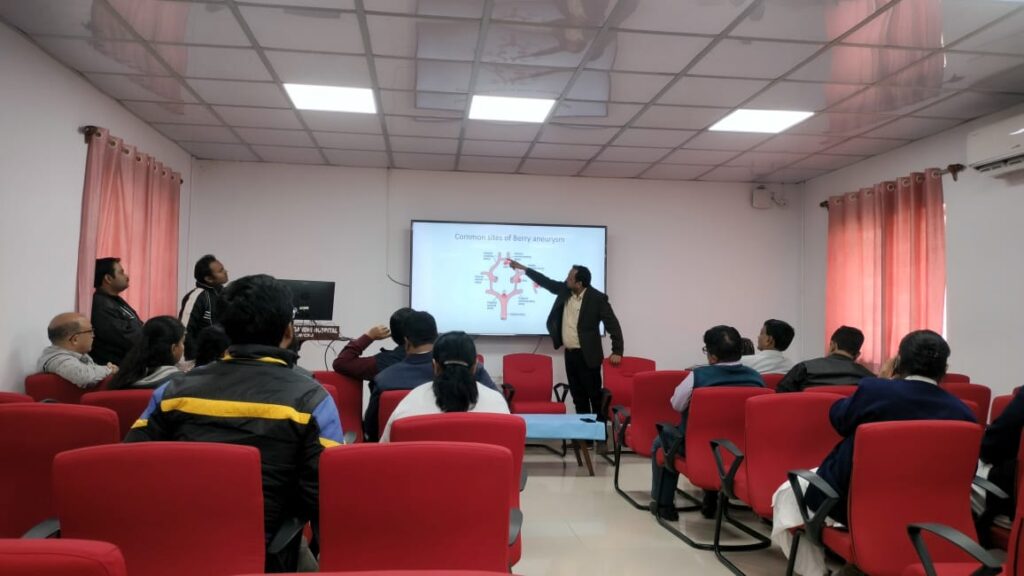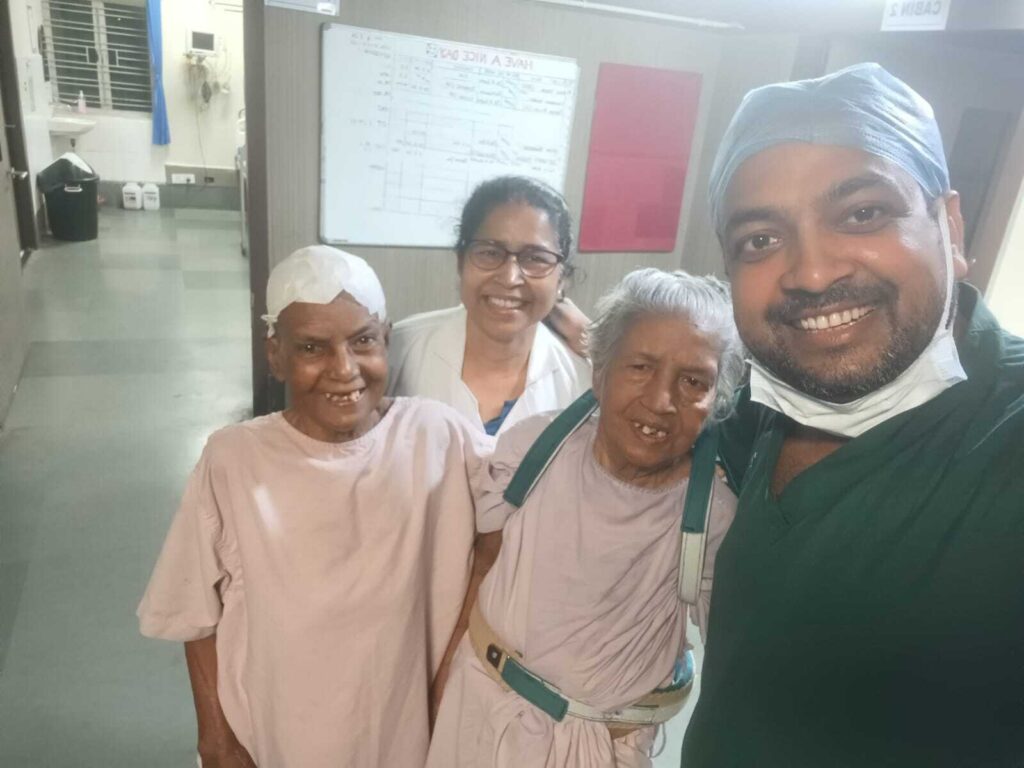Undergoing brain tumor surgery can be a daunting experience for patients and their families. With the rise of advanced techniques and experienced specialists, however, the process has become significantly safer and more effective. If you’re preparing for Brain Tumor Surgery or supporting someone who is, understanding the procedure, its stages, and what follows can offer much-needed clarity and reassurance.
Understanding Brain Tumor Surgery
Brain Tumor Surgery is a procedure performed to remove abnormal growths in the brain. These tumors may be benign (non-cancerous) or malignant (cancerous), and the surgical approach often depends on their location, size, and impact on nearby brain functions.
For those seeking quality care in smaller cities, finding a Brain tumor specialist Asansol is increasingly possible thanks to the development of local healthcare infrastructure. Experienced specialists and modern technology are making it feasible to receive world-class treatment without needing to travel far.
Consultation and Pre-Surgical Assessment
Before any operation, a patient will undergo several evaluations. This includes imaging tests like MRI and CT scans to determine the exact location of the tumor. Blood tests, neurological exams, and discussions around medical history are also part of the pre-operative phase.
At this stage, your Brain tumor specialist Asansol will explain the diagnosis, the need for surgery, and the associated risks and benefits. You’ll also be informed of the possible outcomes depending on whether the tumor is fully removable or only partially due to its proximity to sensitive brain areas.
Types of Brain Tumor Surgeries
There are several surgical options based on the condition:
- Craniotomy: The most common procedure, where a portion of the skull is temporarily removed to access and remove the tumor.
- Minimally Invasive Surgery: Used when the tumor is located in accessible areas and can be reached through small openings.
- Endoscopic Surgery: A fiber-optic camera is used to guide the removal process, usually for tumors in hard-to-reach locations.
The choice of technique often depends on the availability of Advanced brain surgery technology and the skills of the Brain surgeon Asansol performing the procedure.
Advanced Brain Surgery Technology
In recent years, hospitals and clinics across India have adopted Advanced brain surgery technology that enhances precision and safety. Technologies like intraoperative MRI, stereotactic navigation, and neuronavigation systems help surgeons operate with greater accuracy while minimizing damage to healthy brain tissue.
These technologies are particularly vital during complex procedures. Patients benefit from better outcomes, shorter recovery periods, and lower chances of complications.
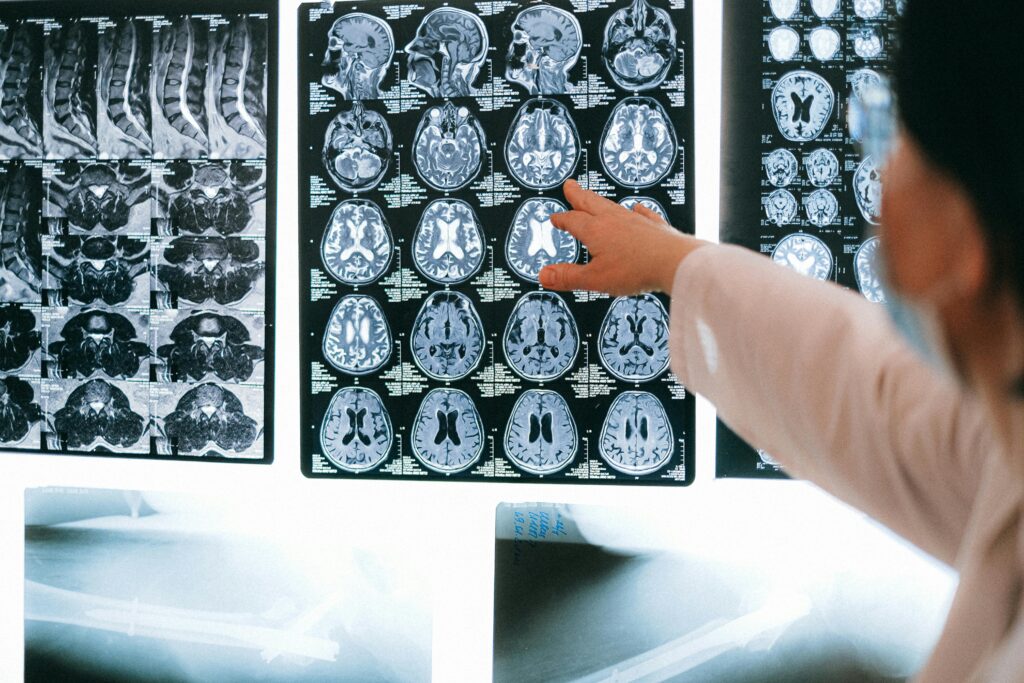
During the Surgery
The patient is usually under general anesthesia, though in some cases, “awake surgery” is performed when the tumor is near parts of the brain controlling speech or movement.
After the Surgery: Recovery and Care
Post-surgery, the patient is transferred to the intensive care unit (ICU) for close monitoring. The medical team checks for brain swelling, infection, or bleeding. Pain management, physical therapy, and speech therapy may be required depending on the patient’s condition.
Full recovery from Brain Tumor Surgery may take weeks to months. Follow-up MRIs are scheduled to assess the effectiveness of the surgery and determine if further treatment like radiation or chemotherapy is needed.
If you’re consulting a Brain tumor specialist Asansol, ask about their rehabilitation programs, follow-up plans, and support services. Local facilities like this are now offering coordinated care that rivals major city hospitals.
Risks and Complications
Like all surgeries, Brain Tumor Surgery carries certain risks:
- Infection
- Swelling
- Seizures
- Memory or cognitive issues
- Difficulty with speech or motor skills
While these risks can sound alarming, choosing a qualified Brain surgeon Asansol who uses modern equipment significantly reduces the chances of complications.
Life After Brain Tumor Surgery
Many patients resume a normal life after recovering from surgery. However, ongoing monitoring is crucial. Some may experience emotional challenges, fatigue, or difficulty concentrating. Joining support groups and seeking counseling can help with emotional recovery.
Patients treated locally at a reputable clinic like an Asansol neurosurgery clinic also benefit from proximity to family and a familiar environment, which can greatly support the healing process.
When to Seek a Specialist
Here are some signs you may need to consult a Brain tumor specialist Asansol:
- Persistent headaches, especially in the morning
- Seizures without a prior history
- Vision problems or changes in speech
- Unexplained memory loss or confusion
- Weakness in limbs or imbalance
Early diagnosis can significantly improve outcomes. If you experience any of these symptoms, visit a facility offering Neurosurgery in Asansol without delay.
Conclusion
Undergoing Brain Tumor Surgery is a serious but often necessary step in treating complex neurological conditions. Thanks to innovations in medical science and the availability of skilled specialists, even smaller cities are equipped to offer high-quality care.
If you’re searching for expert care, an Asansol neurosurgery clinic could be your answer. Equipped with Advanced brain surgery technology and led by experienced professionals, these centers bring hope closer to home. Whether you’re newly diagnosed or seeking a second opinion, finding the Best neurosurgeon near me and making informed choices can make all the difference.
